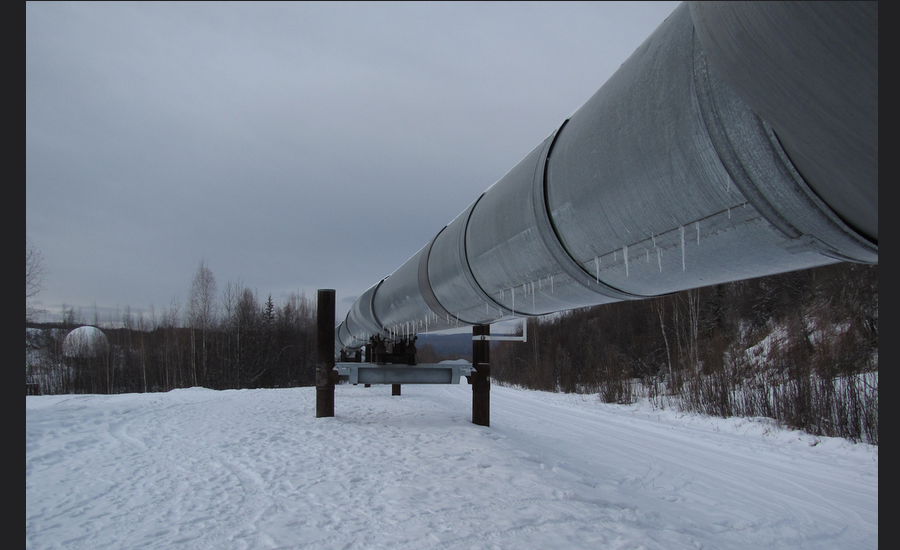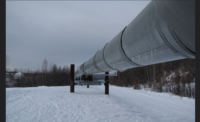A report released by the American Petroleum Institute (API) and the Association of Oil Pipe Lines (AOPL) shows that pipeline incidents have decreased, despite a sharp rise in the use of pipelines to deliver oil and gas industry products.
“Pipelines are a vital part of this nation’s energy infrastructure and ensuring they continue to operate safely will be critical to securing our energy future,” said API Pipeline Manager David Murk.
According to the report, despite a 13 percent increase over the last five years in miles of pipeline delivering crude oil, petroleum products and natural gas liquids, pipeline incidents per mile larger than 500 barrels are down nearly a third. Incidents potentially impacting people or the environment outside of an operator’s facility are down 52 percent since 1999.
Murk called safety “a core value” in the oil and gas industry.
“This report shows the tremendous priority we place on pipeline safety, but as an industry we can always do more. By constantly evaluating our safety programs and activities, learning from past experiences, and making timely and adequate adjustments, our industry will continue working towards its goal of zero incidents.”
The report summarizes industry-wide proactive pipeline safety principles; provides a transparent analysis of industry safety records, including where performance is improving and where challenges remain; and outlines the significant efforts liquid pipeline operators continue to make in advancing technologies and implementing innovative approaches to inspecting, monitoring, and managing pipeline safety programs.
API is a national trade association representing all facets of the oil and natural gas industry.



